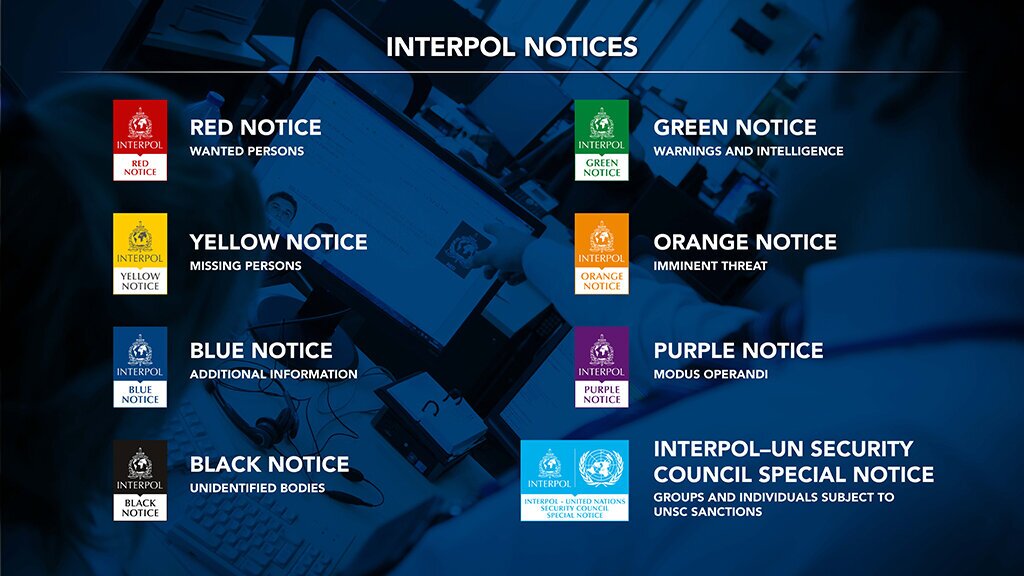Governance
Healthcare Institutions Face Cyber Threats
- 08 Apr 2020
- 5 min read
Why in News
The International Criminal Police Organisation (Interpol) has warned member countries that cybercriminals are attempting to target major hospitals and other institutions on the front lines of the fight against COVID-19 with ransomware.
- The organisation also talked about recent changes in the pattern of crime.
Key Points
- In an alert sent to 194 nations, including India, Interpol said that the hospitals and institutions had become targets of ransomware attacks.
- Interpol’s Cybercrime Threat Response Team had detected an increase in the number of attempted ransomware attacks against key organisations and infrastructure engaged in the virus response.
- Cybercriminals are using ransomware to hold hospitals and medical services digitally hostage, preventing them from accessing vital files and systems until a ransom is paid.
- The attacks were designed to lock these institutions out of their critical systems in an attempt to extort payments.
- Locking hospitals out of their critical systems
- Will delay the swift medical response required during these unprecedented times.
- it could also directly lead to deaths.
- The ransomware appears to be spreading primarily via e-mails, often falsely claiming to contain information or advice regarding the coronavirus from a government agency, which encourages the recipient to click on an infected link or attachment.
- Prevention and Mitigation efforts are crucial to stopping the attacks.
- Interpol continues to stand by its member countries and provide any assistance necessary to ensure vital healthcare systems remain untouched and the criminals targeting them held accountable.
- Interpol also issued a Purple Notice to seek or provide information on modus operandi, objects, devices and concealment methods used by criminals.
- Steps Taken by the Government
- Alerts received by the Government of India on the threat of ransomware/malware attacks have been communicated to the concerned departments.
- Institutions and individuals have been appealed not to open any mail or link on coronavirus data or home remedies unless it is from a trusted source like a government agency.
- They were also cautioned about a possibility of e-mail spoofing, where a suspect operating from a remote location would send a mail that would appear as if it came from a known person.
International Criminal Police Organization
- Interpol is an intergovernmental organization that helps coordinate the police force of 194 member countries.
- Each of the member countries hosts an interpol National Central Bureau (NCB). This connects their national law enforcement with other countries and with the General Secretariat.
- The Central Bureau of Investigation (CBI) is designated as the National Central Bureau of India.
- The General Secretariat provides a range of expertise and services to the member countries.
- It is headquartered in Lyon, France
- Interpol Notices are international requests for cooperation or alerts allowing police in member countries to share critical crime-related information.
Changed Pattern of Crimes
- Interpol warned that with a majority of people working from home due to the pandemic, there was a change in the pattern of crimes.
- Following is the change
- Fraudulent trade in personal protective equipment and anti-viral medicines,
- individuals/businesses on reduced income becoming potential targets of loan sharks (Persons who loan money at extremely high interest rates and often use threats of violence to collect debts).
- The lockdown period has made business establishments/factories vulnerable to thefts.
- Since more people were at home, the number of burglaries had dropped. But thieves are increasingly targeting factories or business premises that were locked.
- Domestic violence cases have risen since the start of coronavirus-related quarantines, with reports showing women and children at greater risk of abuse.
- Recent weeks have seen increased online activity by paedophiles (persons who are sexually attracted to children) seeking child sexual abuse material.
- This is being intensified by a shortage of moderators who identify and remove offensive material from networks.





